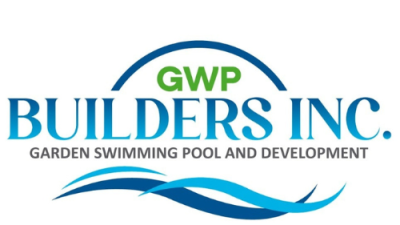When it comes to pool development and replastering, choosing the right finish is a crucial decision. The finish not only affects the aesthetics of your pool but also its durability and maintenance requirements. In this article, we will explore three popular pool finish options: plaster, pebble, and aggregate, to help you make an informed choice for your swimming pool.
The Versatility of Plaster Finishes
Plaster has been a traditional choice for pool finishes for many years. It offers a smooth and classic appearance that complements various pool styles. Here are some key features of plaster finishes:
1. Cost-Effective: Plaster is one of the most budget-friendly options for pool finishes. It provides a clean and simple look without breaking the bank, making it an attractive choice for homeowners on a budget.
2. Smooth Surface: Plaster finishes offer a smooth, soft-to-the-touch surface that is comfortable for swimmers. It comes in various colors, allowing you to customize the appearance of your pool to your liking.
3. Prone to Wear and Tear: While plaster is an economical choice, it is more susceptible to wear and tear compared to other finishes. Over time, it may develop cracks, stains, or discoloration, requiring periodic replastering to maintain its appearance.

The Beauty and Durability of Pebble Finishes
Pebble finishes are gaining popularity for their natural beauty and enhanced durability. Made from small pebbles mixed with cement, pebble finishes offer several advantages:
1. Aesthetic Appeal: Pebble finishes provide a stunning, textured appearance that resembles the look of natural riverbeds. They come in various colors and sizes, allowing you to create a unique and visually appealing pool surface.
2. Longevity: Pebble finishes are known for their durability. They can withstand the rigors of pool chemicals, UV exposure, and heavy use without showing signs of wear easily. This longevity reduces the need for frequent replastering or resurfacing.
3. Enhanced Traction: The textured surface of pebble finishes offers better traction, reducing the risk of slip-and-fall accidents around the pool area. This makes them a safer choice for families with children or elderly individuals.
The Strength and Customization of Aggregate Finishes
Aggregate finishes combine small stones or aggregates with a pool-grade epoxy resin, creating a strong and customizable pool finish option:
1. Durability: Aggregate finishes are exceptionally durable and resistant to wear, staining, and fading. They can withstand the harsh pool environment, making them a long-term investment.
2. Customization: With aggregate finishes, you have the freedom to choose the type, size, and color of the aggregates, allowing for endless customization possibilities. You can create a pool surface that perfectly matches your aesthetic preferences.
3. Higher Cost: While aggregate finishes offer many benefits, they tend to be more expensive than plaster or pebble finishes. However, their durability and aesthetic versatility may justify the higher upfront cost for some homeowners.
Choosing the Right Finish for Your Pool
The choice between plaster, pebble, and aggregate pool finishes ultimately depends on your budget, aesthetic preferences, and maintenance expectations. If you’re looking for an affordable option with a classic look, plaster may be the way to go. Pebble finishes offer a unique, natural appearance and enhanced durability, while aggregate finishes provide strength and customization options, albeit at a higher cost.
Consider the long-term maintenance and durability when making your decision. Remember that all pool finishes will require some level of maintenance and periodic replastering or resurfacing. Consulting with a professional pool contractor can help you assess your specific needs and make the best choice for your pool development or replastering project.


